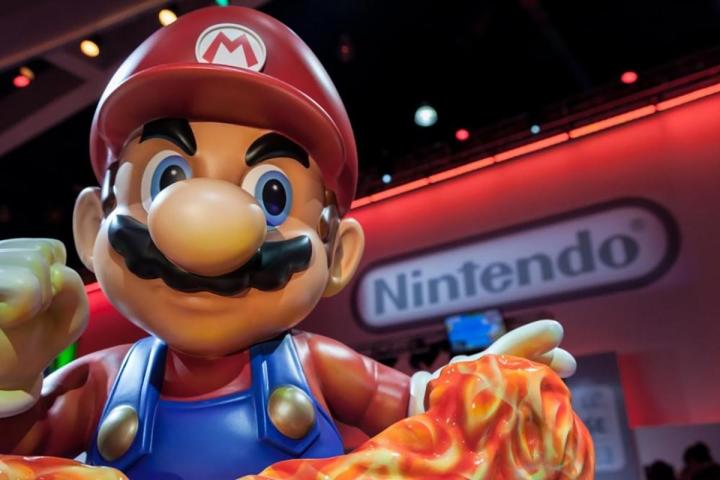

“In regards to the Quality of Life [device], which was not mentioned in any of today’s questions, we do not have the conviction that the sleep-and-fatigue-themed [device] can enter the phase of actually becoming a product,” Kimishima said, according to a translation from Wired. On the other hand, we still believe there are things we can do in the general category of Quality of Life, and we will continue to study the possibility of expanding into this field.”
Based on an early diagram, users would have placed the sensor on a nightstand or nearby table, allowing it to monitor and analyze users’ breathing, heartbeat, body movement during sleep using “non-contact sensor measurement technology and sleep condition estimation technology.” The device would also provide feedback aimed at improving the user’s lifestyle. Though the device was not connected to any console, Iwata did suggest Nintendo would incorporate its understanding of game design to make the experience of using a fitness tracker into “something fun.”
“Fatigue and sleep are themes that are rather hard to visualize in more objective ways,” Iwata told investors during an October, 2014, presentation. “At Nintendo, we believe that if we could visualize them, there would be great potential for many people regardless of age, gender, language or culture.”


